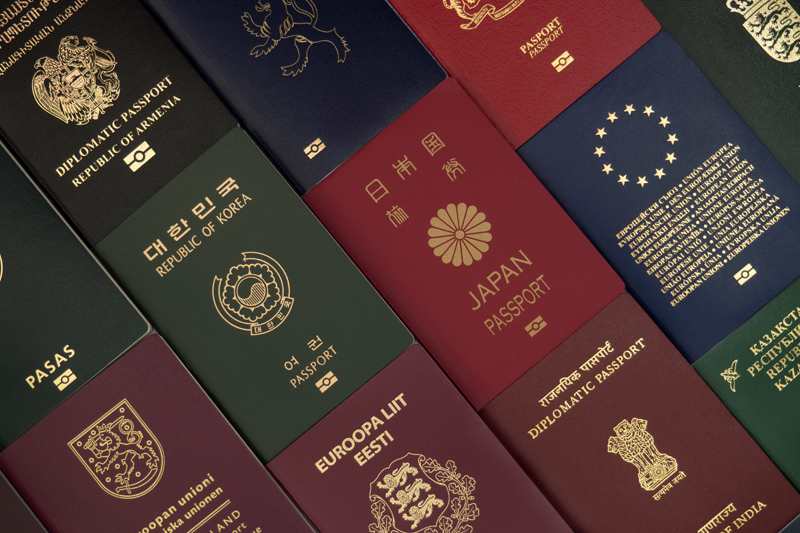Georgia’s state justice system is grappling with a shortage of lawyers, including prosecutors and public defenders. This shortage is leading to significant problems in addressing case backlogs, according to Georgia Supreme Court Chief Justice Michael P. Boggs.
Despite additional funding provided by the state to help courts recover from the COVID-19 pandemic, a lawyer shortage is still causing significant problems in the state’s justice system. “As you well know, the wheels of justice depend on lawyers,” said Chief Justice Boggs in his State of the Judiciary address in Atlanta.
The shortage of lawyers is significantly impacting criminal cases in particular, leading to more people being held in jail as they await trials. As of December, the Prosecuting Attorneys’ Council, which supports district attorney’s offices throughout Georgia, reported 43 unfilled positions. This significantly increased from the 11 vacant prosecution positions recorded in July 2020.
Even public defender’s offices need help with understaffing, despite a new law that has put their pay on par with that of prosecutors. In Gwinnett County, for example, the number of available lawyers to represent indigent defendants has dropped from around 130 before the pandemic to just 80. This is leading to significant challenges in ensuring defendants receive adequate representation, a fundamental right under the US Constitution.
The shortage of lawyers also impacts civil cases, such as divorce and child custody matters. Chief Justice Boggs noted that 67 of the state’s 159 counties have ten or fewer practicing lawyers, while seven rural counties have no lawyers. This makes it difficult for residents of these areas to access legal representation and puts additional strain on the already-overburdened legal system.
Get ahead of the competition and find the best legal jobs with BCG Attorney Search.
The lawyer shortage in Georgia is not a problem unique to the state. According to the American Bar Association, there is a national shortage of attorneys, particularly in rural areas. This shortage is expected to worsen in the coming years as large numbers of attorneys are expected to retire and fewer people are entering the legal profession.
While the shortage of lawyers in Georgia and other states is a significant challenge, it can be addressed with the right policies and funding. Ensuring that all state residents can access legal representation is critical to upholding the fundamental principles of justice and fairness, and state lawmakers must take action to address this issue. With the proper support and resources, it is possible to address the lawyer shortage in Georgia and ensure that the state’s justice system can function effectively and fairly.












































